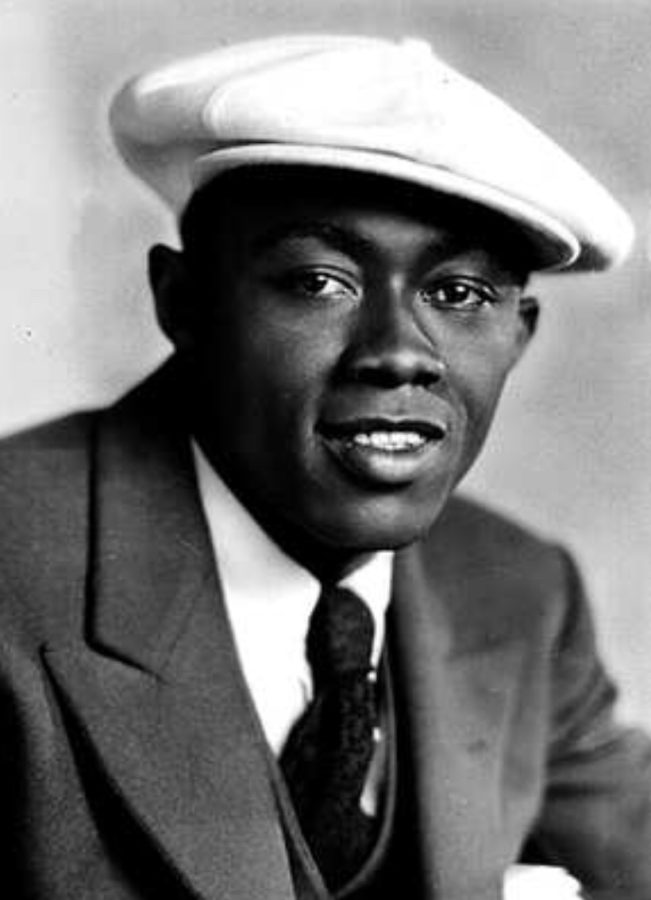Stepin Fetchit
In honor of Black History Month, every school day The Cardinal will feature a prominent and historical Black American, living or dead, who has worked toward change, advancement, and/or world peace. Some of them are heroes, and some are unsung heroes, who deserve recognition, and have made a contribution to society.
February 10, 2023
Lincoln Theodore Monroe Andrew Perry was born on May 30, 1902. Better known by the stage name Stepin Fetchit, he was an American vaudevillian, comedian, and film actor of Jamaican and Bahamian descent, and was considered to be the first black actor to have a successful career. By the age of 20, Perry had become a vaudeville artist and the manager of a traveling carnival show. His stage name was a contraction of “step and fetch it”. His accounts of how he adopted the name varied, but generally he claimed that it originated when he performed a vaudeville act with a partner. Perry won money betting on a racehorse named “Step and Fetch It”, and his partner and he decided to adopt the names “Step” and “Fetchit” for their act. When Perry became a solo act, he combined the two names, which later became his professional name.
Perry parlayed the Fetchit persona into a successful film career, and was also the first black actor to earn 1 million dollars. He was also the first black actor to receive featured screen credit in a film. Perry’s film career slowed after 1939 and nearly stopped altogether after 1953. Around that time, Black Americans began to see his Stepin Fetchit persona as an embarrassing and harmful anachronism, echoing negative stereotypes. However, the Stepin Fetchit character has undergone a re-evaluation by some scholars in recent times, who view him as an embodiment of the trickster archetype.
Perry played comic-relief roles in a number of films, all based on his character known as the “Laziest Man in the World”. In his personal life, he was highly literate and had a concurrent career writing for The Chicago Defender. He signed a five-year studio contract following his performance in the film, In Old Kentucky (1927). The film’s plot included a romantic connection between Perry and actress Carolynne Snowden, a subplot that was a rarity for black actors appearing in a white film during this era. Perry also starred in Hearts in Dixie (1929), one of the first studio productions to boast a predominantly black cast.
Perry suffered a stroke in 1976. ending his acting career; he then moved into the Motion Picture & Television Country House and Hospital. He died on November 19, 1985, from pneumonia and heart failure, at the age of 83.


